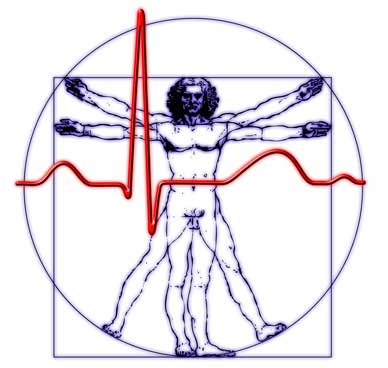We spend around one-third of our lives sleeping. This is not wasted time. On the contrary, our bodies have a long list of tasks that can only be completed while our mind is resting and our body is still. Getting the right amount of sleep can give you a clearer mind, more energy, and even lower your risk of developing common life-threatening illnesses.
What is the Purpose of Sleep?
Sleep is not just a time when we are unconscious to the world. When we sleep, our bodies go through five distinct phases, from the early light sleep to REM. REM is the best-known phase of sleep because it is when we dream, but it is not the only time at night when our brains are active. Different hormonal and cellular events happen during each phase of sleep in a manner tightly controlled by the brain.
Our body repeats the five-phase cycle of sleep roughly every 90 minutes. This is why people often wake up easier and with less fatigue if they sleep in increments of 90 minutes. This correlates with the time when they are transitioning to lighter sleep. During these cycles, our brains clean toxins and regenerate neurons. The brain also releases hormones that tell cells throughout the body to undergo DNA repair and replication, repairing the damage of the waking day. When people miss sleep on a regular basis, their bodies cannot complete these important housekeeping tasks. Over time, the wear-and-tear can lead to increased disease risk.
How Much Sleep Do We Need?
While not getting enough sleep can put you at higher risk of disease, getting too much sleep is not healthy. People who sleep too much have a higher risk of cardiovascular disease and other deadly diseases. Most adults need around eight hours of sleep for optimal function. There is some variation, but getting between seven and nine hours is optimal for almost all people. As with food, exercise and other healthy habits, moderation in sleep is an important part of a healthy lifestyle.
The Health Benefits of Sleep
 What does getting adequate sleep do for your health? To name a few short-term benefits, sleeping the right amount leaves you with a better memory, higher cognitive skills and a lower risk of having accidents at work or in your car. There are long term health benefits to sleep as well. People who do not get enough sleep are at higher risk of hypertension, cardiovascular disease, diabetes and even cancer. When you get enough sleep, you are increasing your chance of a better quality of life and a longer lifespan at the same time.
What does getting adequate sleep do for your health? To name a few short-term benefits, sleeping the right amount leaves you with a better memory, higher cognitive skills and a lower risk of having accidents at work or in your car. There are long term health benefits to sleep as well. People who do not get enough sleep are at higher risk of hypertension, cardiovascular disease, diabetes and even cancer. When you get enough sleep, you are increasing your chance of a better quality of life and a longer lifespan at the same time.
A lack of quality sleep is a serious health risk. Unfortunately, it is a very common one. Around one-third of modern people are not getting the right amount. Modern life, with 24/7 light sources and high levels of stress, makes it difficult to settle down. You can have a very real impact on your health simply by deciding to turn off the phone, turn off the light and get the rest you need.
What is sleep? It is a time when your body repairs and rebuilds to prepare you for a healthier, more energetic, and more functional day. Getting the right amount of sleep will leave you more alert, functioning higher and even in better health. There are many healthy, natural ways to increase not just the time that you spend asleep, but the quality of your sleep. Sleep is an important part of a healthy lifestyle and should be a priority for everyone.

